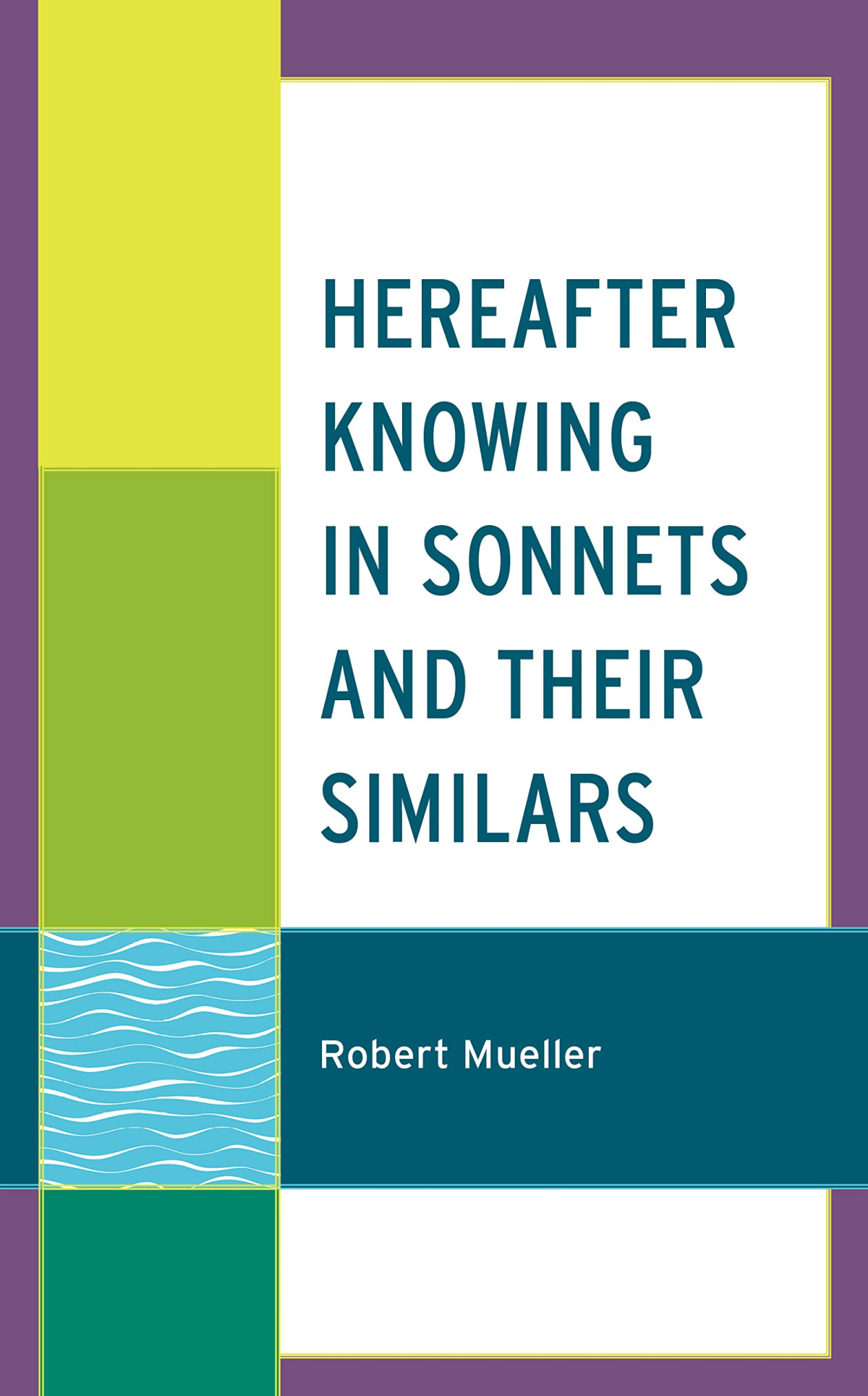

Most ebook files are in PDF format, so you can easily read them using various software such as Foxit Reader or directly on the Google Chrome browser.
Some ebook files are released by publishers in other formats such as .awz, .mobi, .epub, .fb2, etc. You may need to install specific software to read these formats on mobile/PC, such as Calibre.
Please read the tutorial at this link: https://ebookbell.com/faq
We offer FREE conversion to the popular formats you request; however, this may take some time. Therefore, right after payment, please email us, and we will try to provide the service as quickly as possible.
For some exceptional file formats or broken links (if any), please refrain from opening any disputes. Instead, email us first, and we will try to assist within a maximum of 6 hours.
EbookBell Team

4.8
44 reviewsHereafter Knowing in Sonnets and Their Similarsexplores the work of prominent poets through a philosophical and theological lens. It focuses on the well-travelled yet precarious achievement that is Petrarch’s writing of the sonnet in Italian, his English successors Wyatt and Spenser with their own amatory strategies, and how Shakespeare’s sonnets turn the many difficult corners for imagining a writing against the untimely. Its reach includes ancient, medieval, and modern philosophy; scripture; patristic theology; Renaissance and contemporary poetry; and numerous language traditions including Greek, Latin, Italian, French, German, and English. Robert Mueller explores a set of writers who address themselves to manifestations of the Other—for Dan Machlin to the place of Body, for Augustine to his wanting to know the Lord, for Petrarch to the honor of Love—alongside Aristotelian and other forms of epistemology. Through exacting, insightful, and original readings of these writers, Mueller analyzes the circuits and relations that connect them to those they address, with particular attention, especially for Sharon Dolin, to living their lives in these relations, and also to the temporal positions they adopt among the similar expressions of longing and seeking. The book offers new readings of canonical and noncanonical texts and assembles a singular archive of writers across many centuries and language traditions.